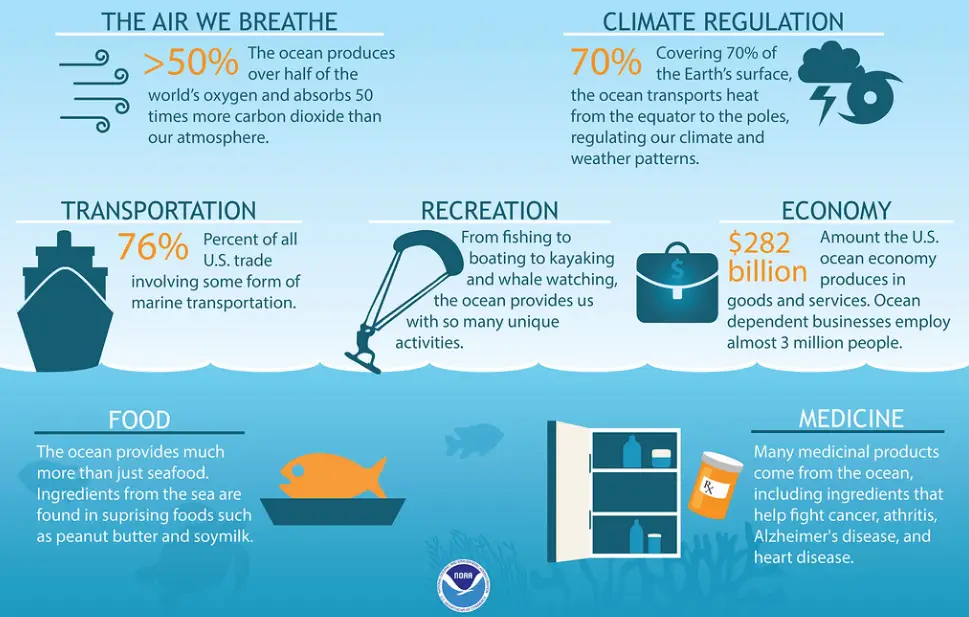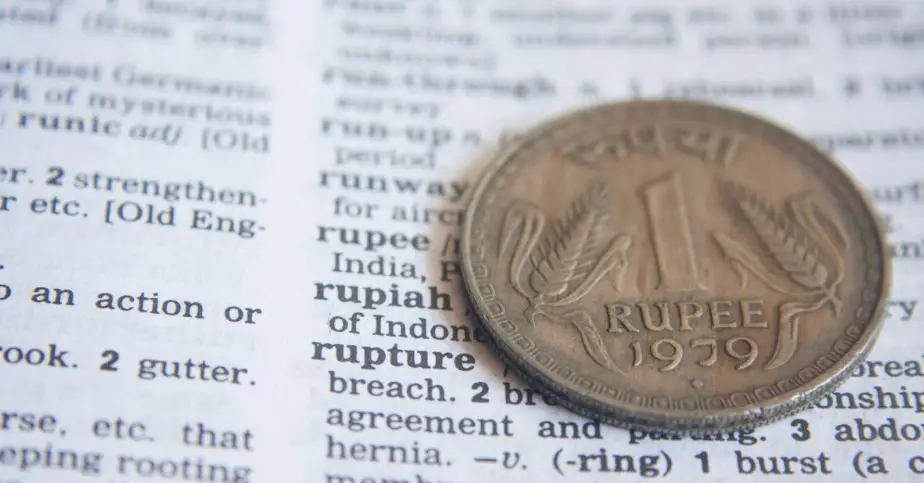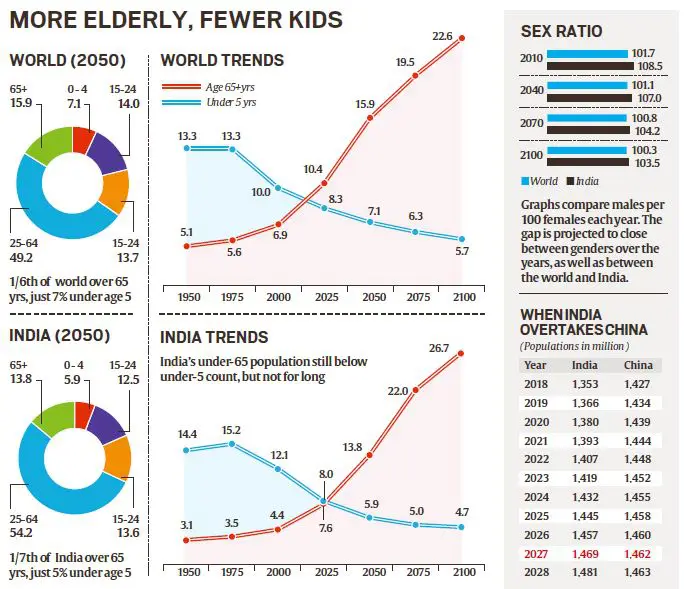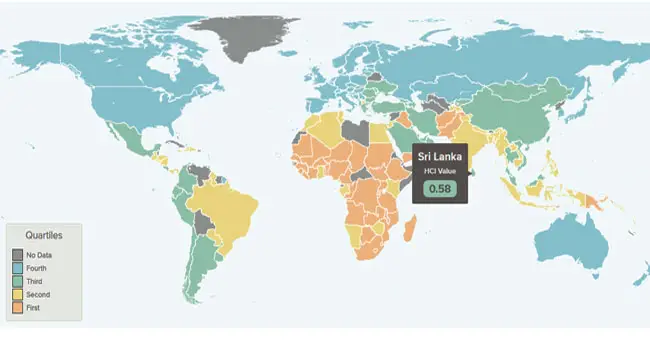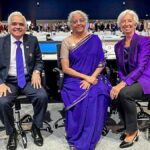Table of Contents
During the annual Future Investment Initiative (FII) in Riyadh, World Bank President Ajay Banga expressed concerns about the impact of geopolitical tensions on the world economy. He highlighted various risks, including rising U.S. 10-year Treasury yields and the threat of future pandemics. This article examines the significance of Banga’s remarks and their implications for economic development.
Features and Objectives
Ajay Banga’s remarks shed light on the rapidly evolving nature of risks in the global economy. Geopolitical tensions, such as conflicts and wars, pose significant challenges to economic stability and development. By addressing these concerns, Banga aims to draw attention to the potential impact on economic growth and encourage global leaders to take necessary measures to mitigate risks.
Effects
Geopolitical tensions can have far-reaching effects on the world economy. They can disrupt international trade, lead to capital flight, and create uncertainty in financial markets. This can hinder investment, slow down economic growth, and increase the risk of recessions. By highlighting these effects, Banga emphasizes the need for greater attention to geopolitical factors in economic policymaking.
Pros and Cons
While the importance of addressing geopolitical tensions is universally recognized, there can be pros and cons to different approaches. On the positive side, acknowledging these risks allows policymakers to develop contingency plans and take preventive measures. However, excessive focus on geopolitics can divert attention and resources from other pressing economic issues. Therefore, a balanced approach is necessary to effectively manage risks while ensuring sustained economic development.
Fun Fact
Did you know that Ajay Banga is not only the President of the World Bank but also the CEO of Mastercard? He has been a strong advocate for financial inclusion and digital payment solutions to promote economic development in emerging markets.
Mutiple Choice Questions
1. According to World Bank President Ajay Banga, what is the biggest threat to the world economy?
a) Geopolitic tensions
b) The U.S. 10-year Treasury yield
c) The next pandemic
d) Geopolitics in the wars
Explanation: World Bank President Ajay Banga stated that geopolitic tensions pose the biggest threat to the world economy.
2. What did the U.S. 10-year Treasury yield do recently?
a) It crossed 5%
b) It reached an all-time low
c) It remained stable
d) It increased steadily
Explanation: The U.S. 10-year Treasury yield briefly crossed 5% recently, which is an unusual occurrence.
3. According to Ajay Banga, what other risk should not be ignored?
a) Cybersecurity threats
b) Climate change
c) Financial market volatility
d) The impact of wars
Explanation: While geopolitics pose the biggest threat, Ajay Banga mentioned that risks “tend to move around” fast, so others should not be ignored.
4. What recent event involving Israel and Gaza did Ajay Banga refer to?
a) Protest demonstrations
b) Natural disaster
c) Conflict and war
d) Economic cooperation
Explanation: Ajay Banga mentioned the recent conflict in Israel and Gaza as an example of the geopolitical tensions and wars that impact economic development.
5. According to Ajay Banga, what is the current state of economic development?
a) Better than expected in the developed world
b) Stagnant in most countries
c) Declining globally
d) Unpredictable and uncertain
Explanation: Ajay Banga stated that while economic development looks better than expected in the developed world, the current juncture is still considered very dangerous.
Brief Summary | UPSC – IAS
World Bank President Ajay Banga highlighted that geopolitic tensions are the biggest threat to the global economy, but also emphasized the need to be mindful of other risks. He mentioned the recent increase in the US 10-year Treasury yield and the potential impact of future pandemics. Banga pointed out ongoing geopolitical conflicts, such as those in Israel and Gaza, and their potential to negatively impact economic development. Despite positive economic indicators in the developed world, he believes that the world is currently in a precarious situation.



